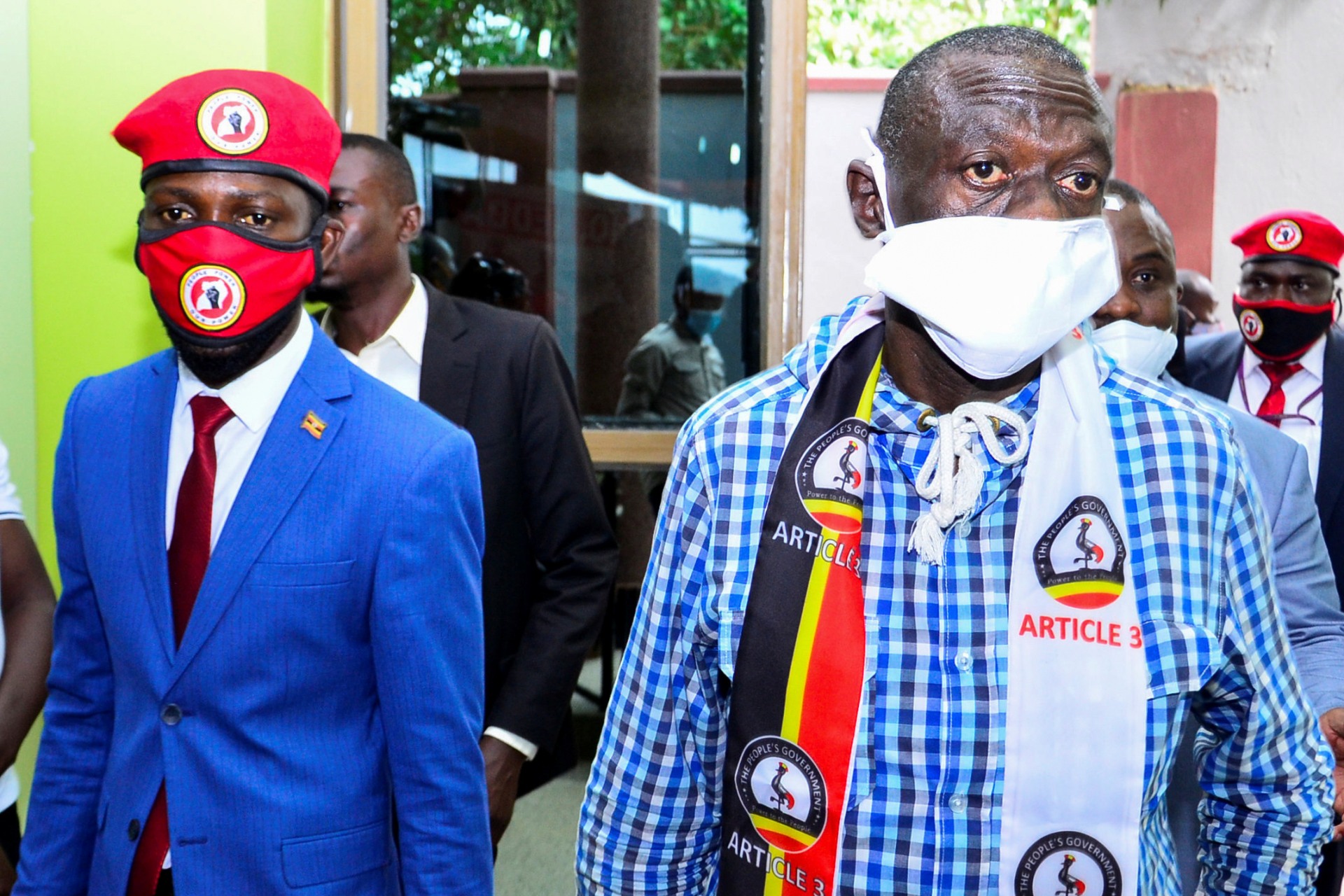
By experts and staff
- Published
Experts
![]() By Michelle GavinRalph Bunche Senior Fellow for Africa Policy Studies
By Michelle GavinRalph Bunche Senior Fellow for Africa Policy Studies
Last month, the contours of Uganda’s 2021 elections began to take shape, and they promise to meld longstanding problems with new constraints. The upcoming polls were always going to be consequential. President Yoweri Museveni has been in office since 1986, and a new generation of Ugandans has been calling for political change. But the global pandemic has added another layer of complexity to the outlook for the country, and right now, Uganda seems on track to be another case in which democratic legitimacy will suffer in the era of COVID-19.
Uganda’s electoral commission has put forward a plan combining a tight timeframe (elections are to occur no later than mid-February) with a prohibition on most in-person campaigning, instead requiring that candidates rely almost exclusively on media outlets to pitch themselves to voters. Dubbed “scientific elections”, these conditions are ostensibly supposed to reduce the risk of viral transmission. Opposition leaders and some in civil society believe that they also reduce the likelihood that incumbents can be challenged effectively, noting that state-owned media in Uganda has a history of bias in favor of the ruling party, and several private media outlets are owned by prominent ruling party members.
Democracies around the world, including the United States, are struggling to merge public health imperatives with electoral exercises. In this awkward balancing act, public trust is harder than usual to earn but essential to democratic continuity. In states that have forged ahead with elections despite the pandemic, like Mali, and in those that have postponed them, like Ethiopia, questions about the fairness of the electoral decisions and outcomes have merged with pre-existing concerns about disenfranchisement or manipulation, eating away at popular confidence in the integrity of democracy.
In Uganda, trust is in short supply. Polling shows that in recent years, Ugandans have observed a shrinking of political space and increased harassment of the political opposition. That was true even before the arrest and torture of charismatic, youthful opposition Member of Parliament Robert Kyagulanyi, known as Bobi Wine, in 2018. This past spring, Uganda experienced the highest spike in violent disorder the country has faced in over a decade. Much of this involved instances in which the state targeted civilians, heightening concerns about state repression and disregard for citizens. While the prospects of political change in Uganda have as much to do with opposition unity and strategy as they do with the contours of the electoral process, the state’s latest attempt to map out a path to voting day will only feed concerns about fairness and legitimacy.
